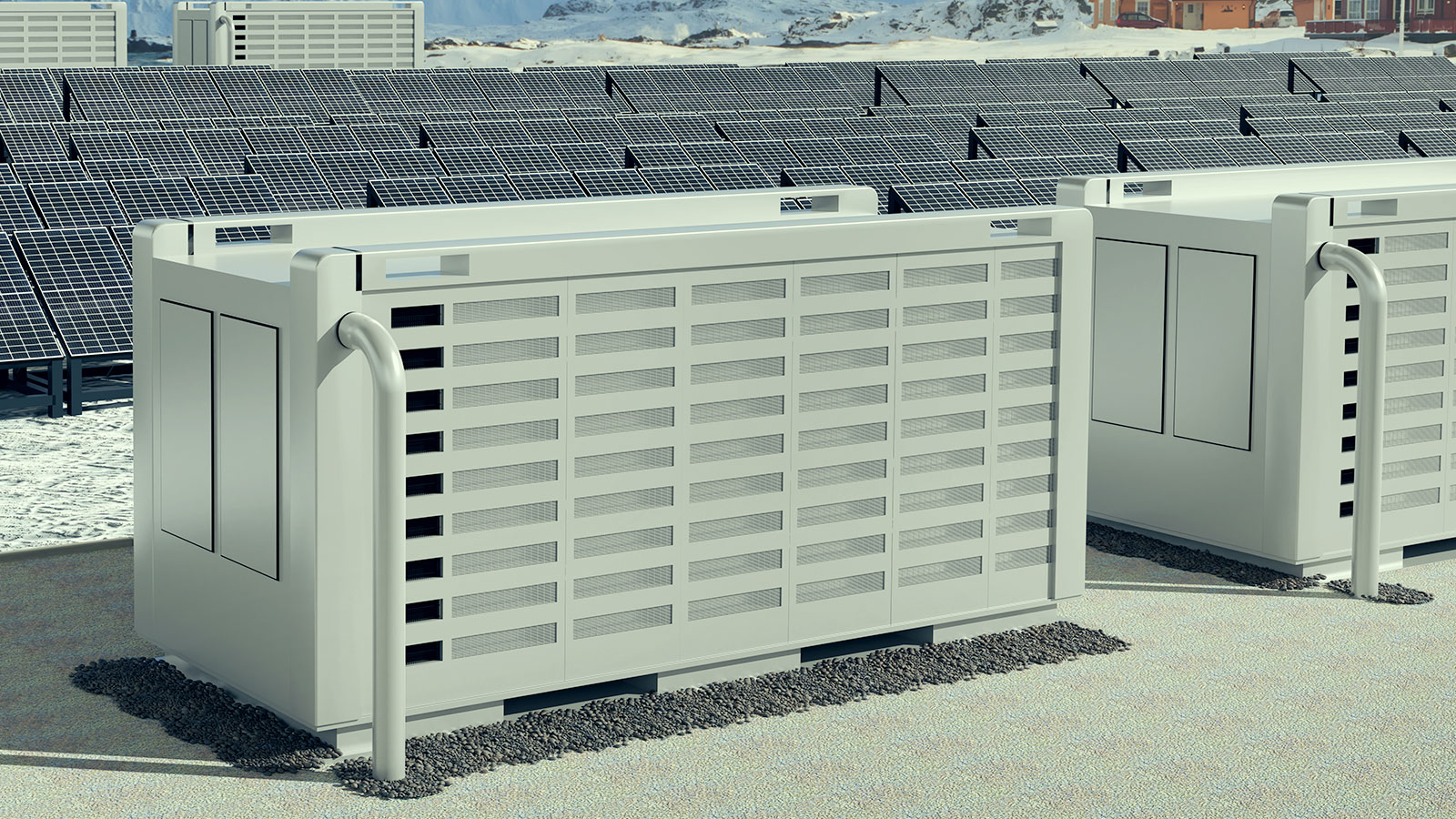EDF Renewables UK is on track to significantly bolster the UK’s energy storage capacity with over 300MW set to come online.
Over the next year, six new projects are expected to be operational, enhancing the grid’s capability to manage electricity supply and demand more effectively.
Notable developments include the recent energisation of a 52MW battery in Sundon, Bedfordshire, and a 47.5MW facility that received planning approval from Dorset Council near Mannington, Dorset. Additional projects include a 57MW battery in Braintree, Essex, and a 47.5MW battery in Indian Queens, Saint Austell. Collectively, these projects, amounting to 313MW, could supply power equivalent to the needs of over 400,000 households for two hours.
The UK Government’s recent commitments underline the necessity for such expansions, setting ambitious targets to achieve a zero-carbon electricity system by 2030. This includes tripling solar capacity to 50GW, quadrupling offshore wind capacity to 55GW, and doubling onshore wind to 35GW by decade’s end. Industry experts estimate that between 20-30GW of battery storage will be required by 2030 to align with the Energy System Operator’s (ESO) net zero pathways for 2050.
Simone Sullivan, Head of Solar, Storage and Private Wire at EDF Renewables UK, emphasised the importance of these projects, stating, “Our upcoming project pipeline will strengthen the UK’s capacity to integrate more renewables, and will allow the grid to be more flexible and resilient by managing electricity supply and demand.”
She added, “Battery storage is critical to enhancing our energy security and to achieving the new government’s 2030 targets. We have a strong momentum behind our projects, helping the UK to reap the benefits of cost-effective, clean renewable energy and a modern, flexible grid.”
These initiatives complement EDF Renewables UK’s existing portfolio, which already includes over 150MW of operational battery energy storage systems in Oxfordshire, Kent, and the West Midlands. The company’s future plans involve delivering up to 2GW of transmission-connected battery storage, with more than 400MW consented and an additional 313MW currently under construction.

